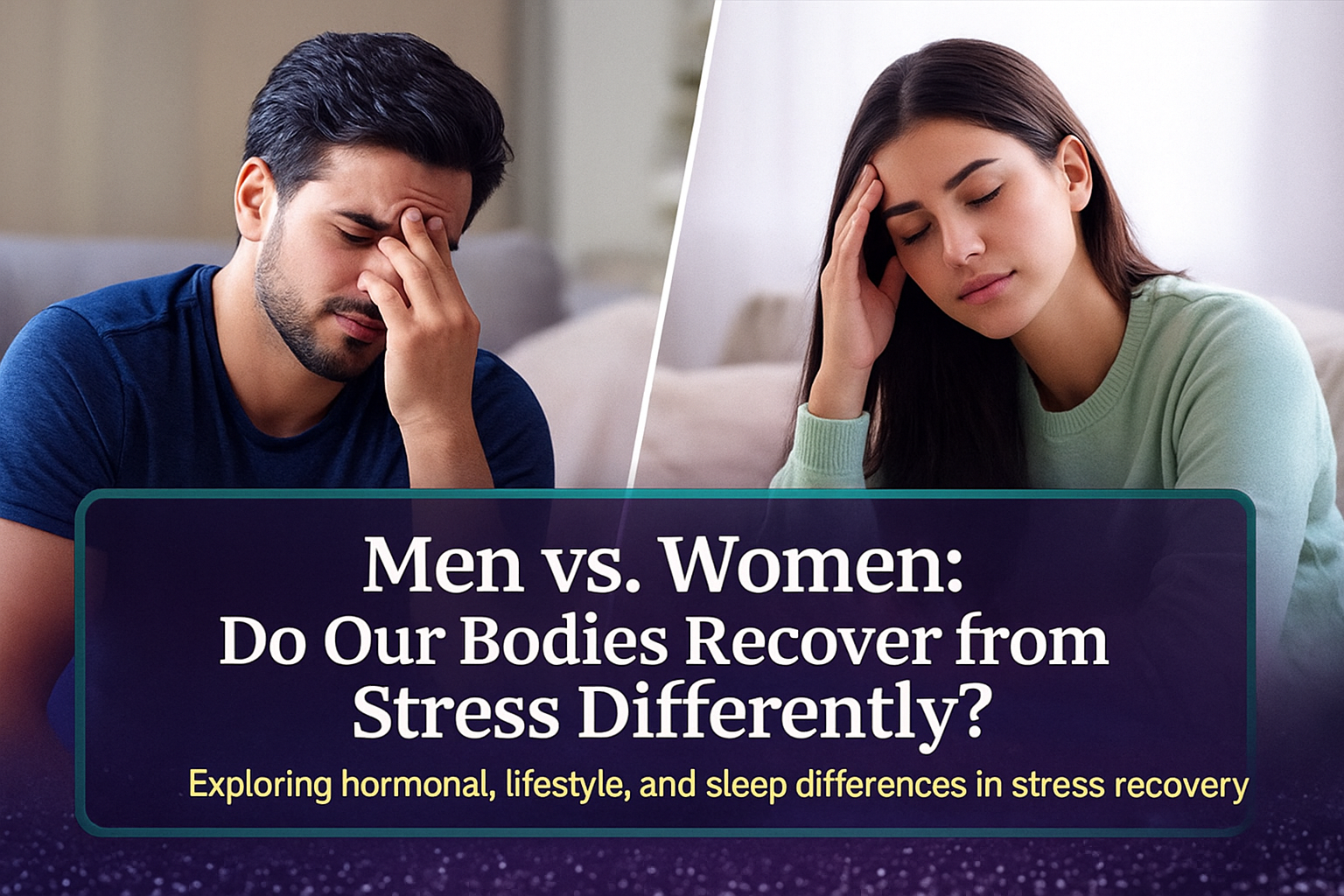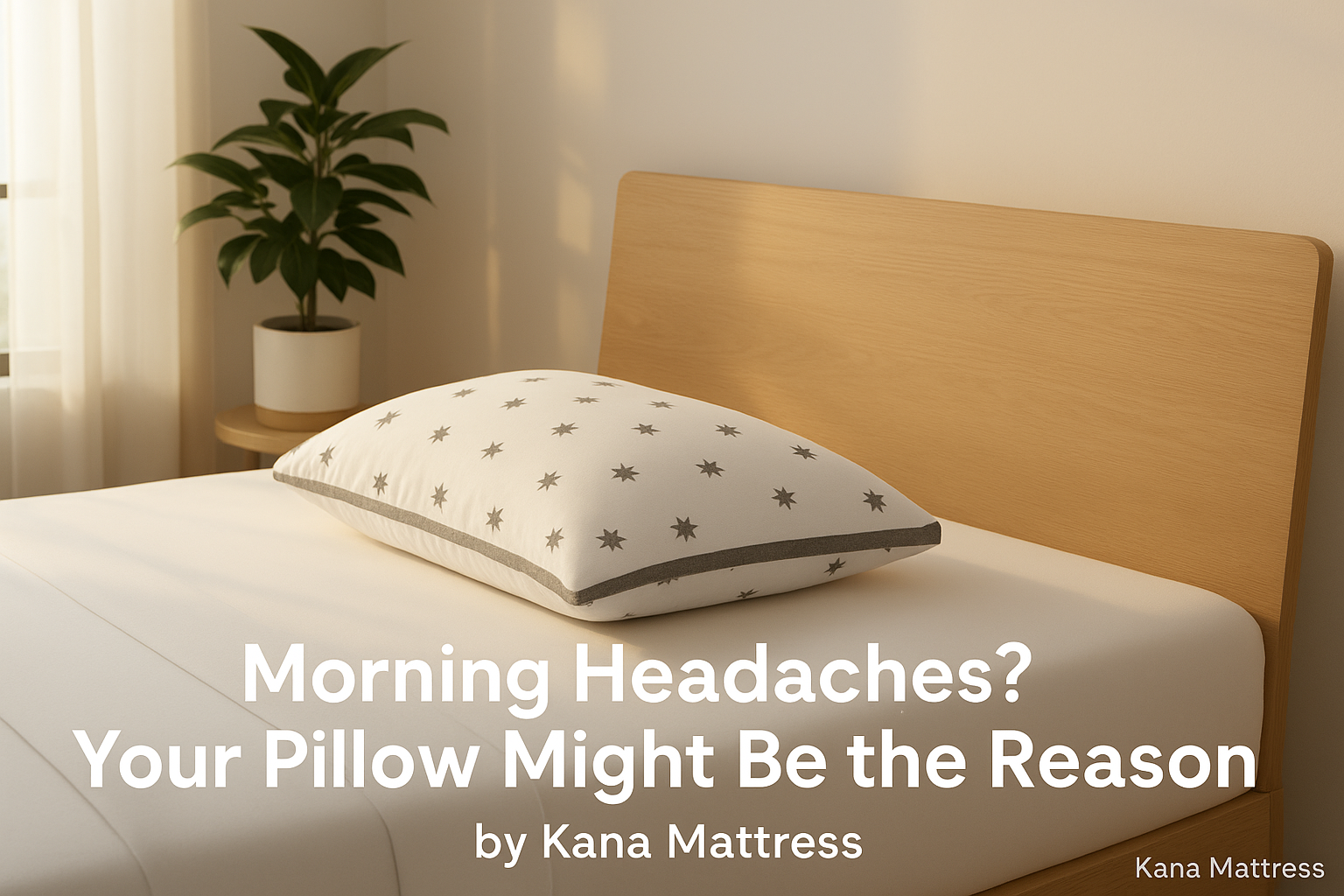All you need to know about dreams and sleep quality

We all have dreams during our sleep. You might not be remembering the dream, but guess what? You did have a dream last night. Dreaming is a common trait that every person in the world has. You can also consider your dreams a part of your “sleeping life!”
Now, we’ve all had numerous kinds of dreams ranging from pleasant to weird, stressful, and many more. So, here’s the main question. Does dreaming affect a person’s sleep quality? Well, let’s find out!
The impact of dreams
If you’re wondering whether dreams affect our sleep quality, let’s take a look at the impacts of dreams in our lives, sleeping and otherwise.
The Impact of Dreams on sleep quality
The thing is that dreams and sleep quality go hand in hand because dreaming is quite a normal part of healthy sleep. Many studies link dreams to emotional thought processing, effective thinking, and memory, amongst other things. Similarly, many studies also link a good night’s sleep to better emotional health and cognitive performance. So, experts also believe that dreams can be considered a reflection of good sleep. In a way, our dreams protect our sleep! According to Sigmund Freud, dreams guard our mental health. Those who dream, sleep well, and those who sleep well, have better mental health.
Now, dreams don’t have a bad effect on our sleep unless they’re nightmares. Nightmares are some sort of a hurdle between sleep cycles. They distort the transition between sleep cycles. Nightmares and strange dreams can disrupt your sleep and also make it difficult for you to fall asleep, which could also impact your mental health negatively.
The impact of dreams on our daily lives
Dreams and nightmares both have different impacts on your daily lives. Good dreams could be an indication that you have been sleeping well. If that’s the case, you’re not very likely to have a disturbed sleep pattern, and you also won’t be feeling drowsy during the day. You must also be waking up refreshed and energized. If you think favorably during the day, you’re more likely to have good dreams while sleeping. You’re also less likely to suffer from sleep disabilities. All in all, it’s an indication of general wellness and a good mood, which will also promote clear thinking. Nightmares, on the other hand, can interfere with your ability to fall asleep. It could also lead to you feeling drowsy throughout the day. Negative dreaming can also cause stress during the daytime and disturbance while sleeping.
What about not dreaming?
Well, we all know somebody who claims they don’t dream! It might or might not be true because we often forget most of our dreams.
Anyway, not dreaming at all means that you’re not reaching REM sleep, which is a very important aspect of your sleep. It can lead to feeling sleepy throughout the day and, in the long term, depression, and health problems.
To improve your sleep quality and also to help prevent nightmares, you can make a few changes in your routine. Practicing relaxation techniques, avoiding phones an hour before sleep, not drinking alcohol before sleeping, and maintaining a consistent sleep schedule are some of the many steps you can take to improve your sleep quality. Happy sleeping!













